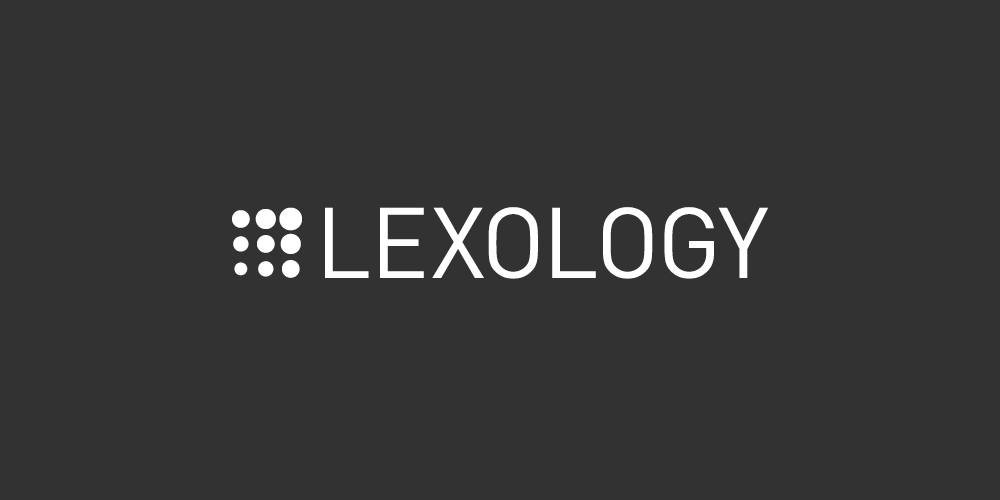What’s the best way to charge an electric vehicle? Many EV models, like the passenger cars made by Tesla or BYD, rely on charging stations: Plug your car into an outlet—and then go do something else while it charges.
But walk around Taipei and you’ll see something else. Scooter drivers will drive up to a rack, open their seat, yank out the battery, slot a new one in, and drive on—a process that just takes six seconds.
The charging stations in Taipei are from Gogoro, a local EV startup founded by Horace Luke and Matt Taylor over a decade ago. The company helped pioneer the battery-swapping model in Taiwan; over 80% of electric scooter riders use the Gogoro network. (Taiwan has about 14.5 million scooters on the roads, according to the island’s transport ministry. Gogoro estimates about 9% of those are electric.)
Luke, who is also Gogoro’s CEO, says battery-swapping has a unique advantage that charging just can’t match: the ability to get vehicles on the road quickly with minimal downtime.
“Charging will never work for the police fleet,” he says. “You can’t, during an emergency, go, ‘Hold on, I need to charge before I go solve this emergency.’” Gogoro provides all of the Taipei police’s electric scooters.
It’s not just emergency services, as Gogoro also recently signed a partnership with food delivery service Uber Eats. Luke notes that delivery drivers also can’t wait a half hour to stop and charge their vehicles. The company says it handles about 450,000 battery swaps a day.
Another advantage is that Gogoro can track the health of each battery, allowing the company to maximize their lifetimes. Batteries that can no longer power a two-wheeler can instead power parking meters or traffic lights. The company claims it powers close to 1,000 parking meters and provides backup electricity for half of Taipei’s major intersections.
Luke made the jump to tech over two decades ago, after a friend persuaded him to ditch a job at Nike. He then spent nine years at Microsoft, serving as one of the designers of the Xbox, the company’s first attempt to build a video game console, and then Windows XP. He then moved to Taiwan to work for smartphone pioneer HTC, where he served as the manufacturer’s chief innovation officer.
But Luke says turning 40 was a now-or-never moment to pursue his own ideas. That’s why Luke is positioning Gogoro as more than just a scooter company. Instead, he wants to sell the battery-swapping network, encouraging other EV companies to use Gogoro’s system. Gogoro has sold its technology to other scooter brands like Yamaha, Aeon, and Suzuki Taiwan, allowing their vehicles to access the Gogoro network.
Courtesy of Gogoro
It’s part of Luke’s “Android on wheels” concept, where other brands can build on top of the company’s battery system.
“I don’t want it to be a closed ecosystem. I want it to be an open ecosystem,” Luke says. And the more brands that sign on, the better. “They’ll all use my battery-swapping system, right?” he says.
Other scooter companies have made the wrong choice when it came to charging versus battery swapping. Bird, the onetime Silicon Valley darling that declared bankruptcy last December, chose to go the charging route. That meant dispatching workers to pick up out-of-charge scooters and bring them back to be charged. Bird’s resistance to the swapping model “made no sense,” former Bird sustainability chief Melinda Hanson previously told Fortune.
If Gogoro can dominate in battery-swapping infrastructure, it’ll be following in the footsteps of EV giant Tesla. The Elon Musk–run EV maker has signed deals to allow other car brands—many of which are trying to compete with Tesla—to tap into its Supercharger network, and the Biden administration now wants Tesla’s chargers to be the standard for all U.S. EVs.
Luke now wants to take Gogoro’s network global. The startup operates in over a dozen cities in South Korea, working with DHL and food delivery providers. The company has also recently announced forays into Singapore, the Philippines, and India.
But there’s a chicken-and-egg problem at the heart of Gogoro’s model, which could complicate its expansion. The most tangible part of the company’s battery network are the scooters. Higher scooter sales means more service revenue, which in turn allows Gogoro to expand its network of battery swapping stations. But customers will need a certain minimum level of infrastructure to consider buying a Gogoro scooter in the first place. (Concerns about charging infrastructure is a sector-wide problem, with customers shying away from buying battery electric vehicles owing to a lack of charging stations.)
Gogoro debuted on the Nasdaq in April 2022 through a merger with a special purpose acquisition company. Shares of the company are down 78% since its listing.
Like many tech startups, Gogoro has yet to turn an annual profit. While battery-swapping revenue for the quarter ended Sept. 30 is up 10% year on year, the company’s hardware sales slumped 19% over the same period. Gogoro blamed stronger competition from traditional scooters, whose manufacturers offered deep discounts.
But while there are challenges, Luke is confident that the decade spent fine-tuning Gogoro’s network in Taiwan and serving the island’s demanding customers will help the company penetrate global markets.
“We took that many years to get escape velocity, stocking up the rocket with the right tools, the right know-how, the right system,” he says. “This year is really the launching pad.”
Fortune is hosting the inaugural Fortune Innovation Forum in Hong Kong on March 27–28. Experts, investors, and leaders of the world’s largest companies will come together to discuss “New Strategies for Growth,” or how companies can best seize opportunities in a fast-changing world.
Learn more about all things crypto with short, easy-to-read lesson cards. Click here for Fortune’s Crypto Crash Course.


